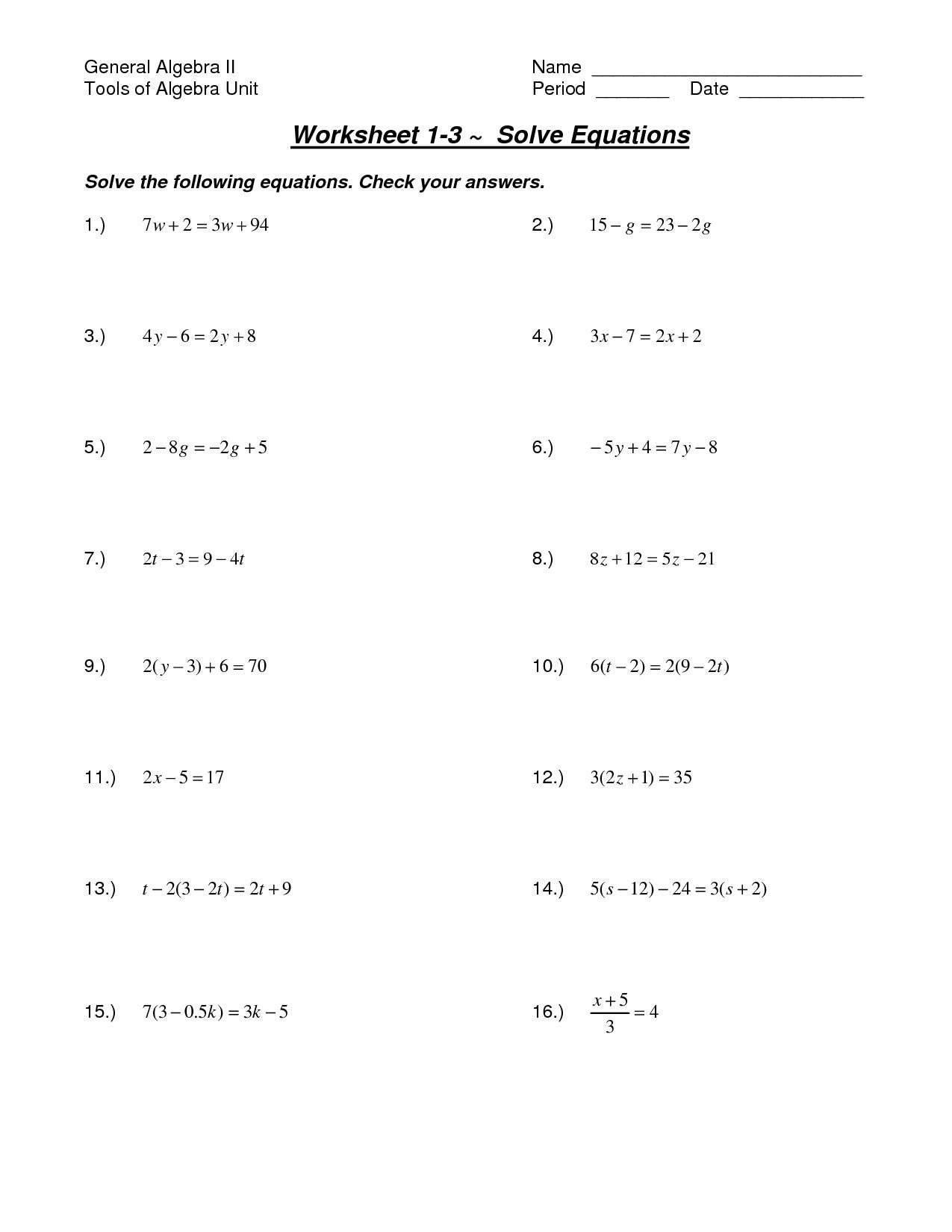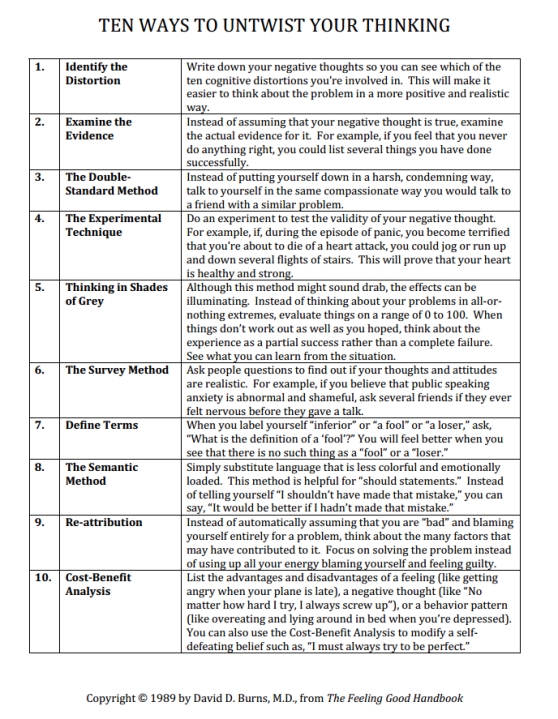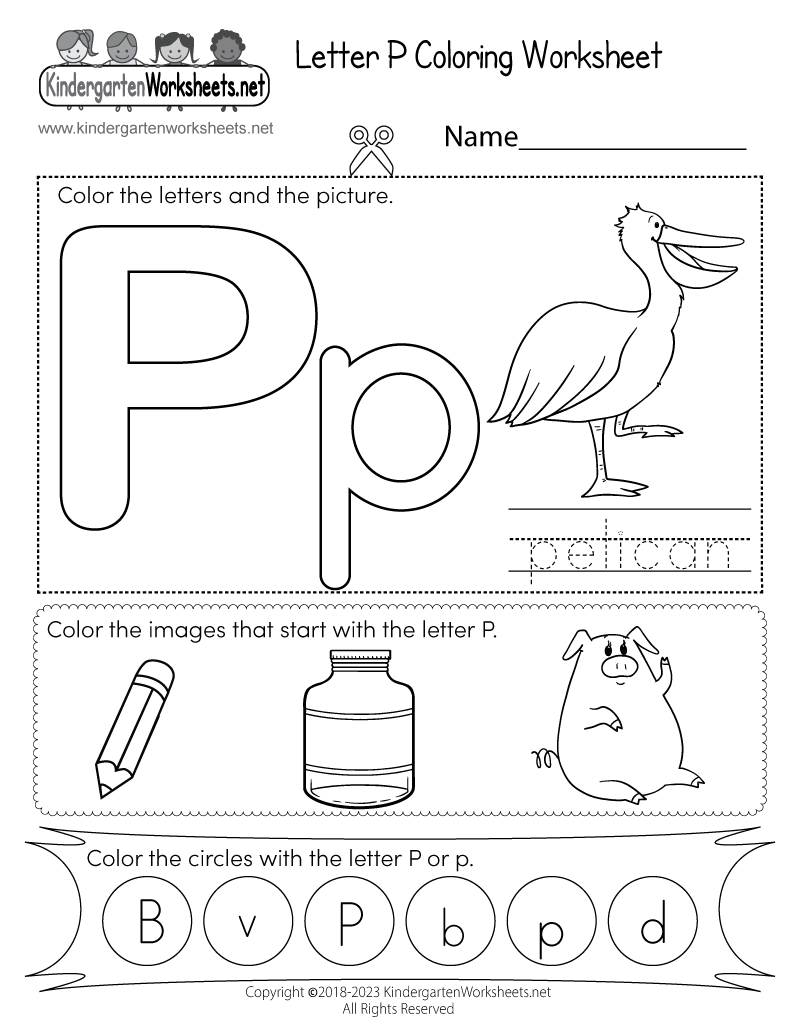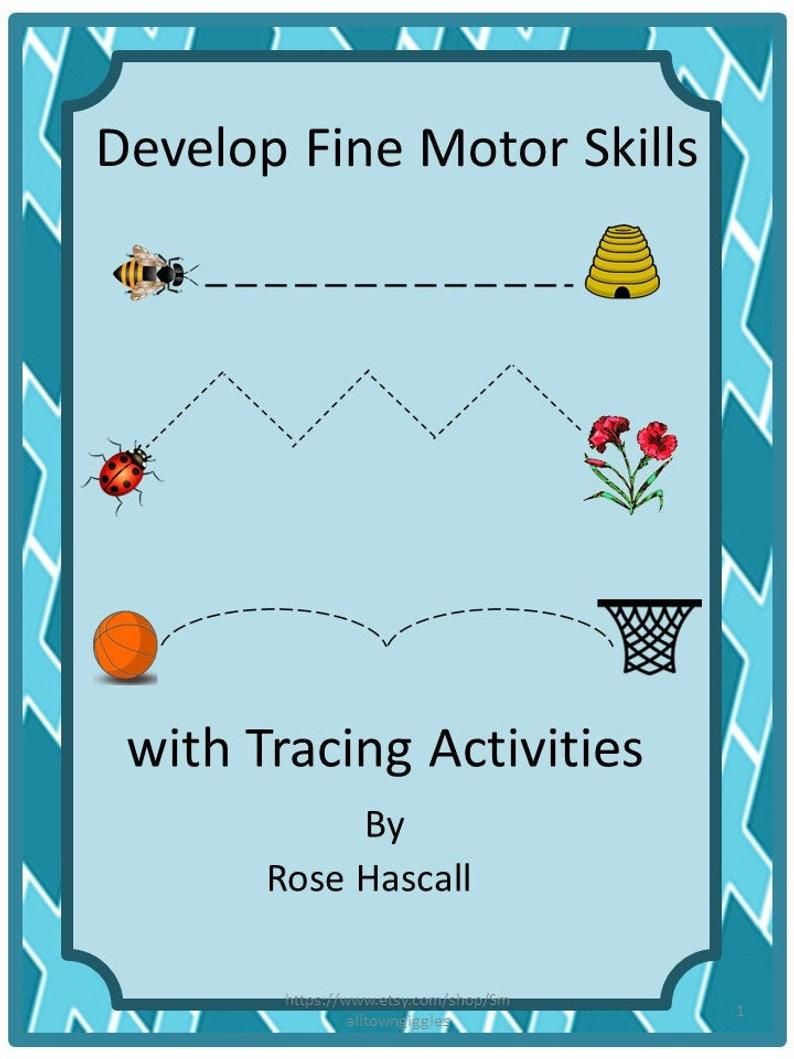Processing Emotions Worksheets for Mental Health Awareness

Understanding the Importance of Emotions in Mental Health
Emotions play a crucial role in our mental health and wellbeing. They help us navigate the world, form relationships, and make decisions. However, when left unmanaged, emotions can become overwhelming, leading to mental health issues such as anxiety, depression, and stress. In this blog post, we will explore the importance of emotions in mental health and provide you with processing emotions worksheets to help you better manage your emotions.
Why is Emotional Awareness Important?
Emotional awareness is the ability to recognize and understand your emotions. It is a crucial aspect of mental health, as it helps you:
- Identify and manage stress
- Build strong relationships
- Make informed decisions
- Develop self-awareness
- Improve your overall wellbeing
When you are emotionally aware, you can:
- Recognize the physical sensations associated with different emotions
- Label and accept your emotions
- Understand the triggers and causes of your emotions
- Develop strategies to manage and regulate your emotions
Processing Emotions Worksheets
Here are some processing emotions worksheets to help you better manage your emotions:
Worksheet 1: Emotion Identification
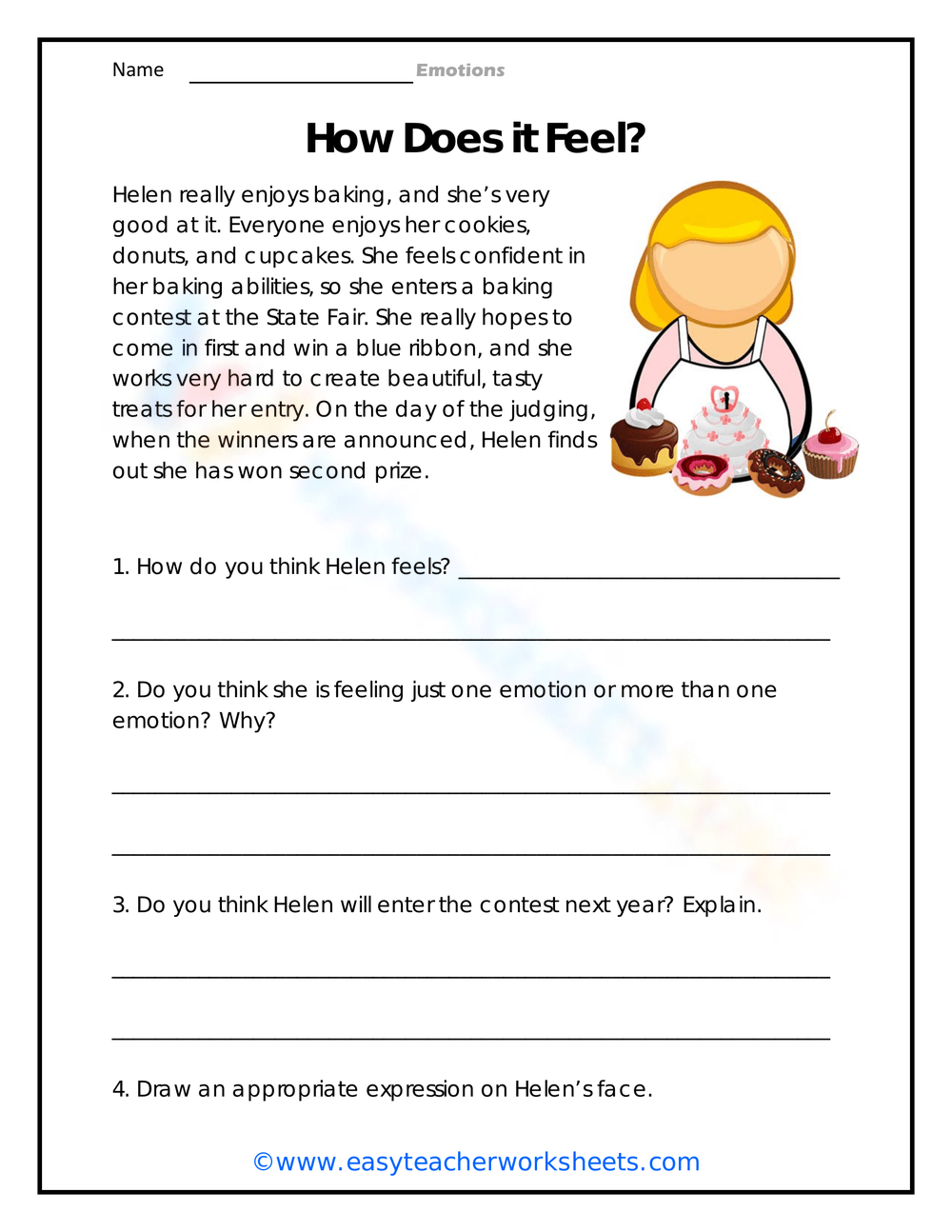
| Emotion | Physical Sensations | Triggers | Coping Strategies |
|---|---|---|---|
| Happy | Smile, relaxed muscles | Spending time with loved ones, achieving goals | Exercise, meditation, spending time in nature |
| Sad | Tears, heavy heart | Loss, rejection, disappointment | Talking to a friend, writing in a journal, practicing self-care |
| Angry | Tight muscles, raised voice | Frustration, injustice, hurt | Deep breathing, physical activity, time-outs |
Worksheet 2: Emotional Awareness
- What am I feeling right now?
- Why am I feeling this way?
- What physical sensations am I experiencing?
- What are my thoughts about this emotion?
- What can I do to manage this emotion?
Worksheet 3: Emotional Regulation
- What triggers my emotions?
- How do I typically respond to these triggers?
- What are some healthier ways I can respond to these triggers?
- What self-care practices can I use to regulate my emotions?
- What are some positive affirmations I can use to calm my mind and body?
📝 Note: Take your time to complete these worksheets, and be honest with yourself. It's essential to understand that emotional awareness and regulation are skills that take time and practice to develop.
Additional Tips for Managing Emotions
In addition to using these worksheets, here are some additional tips to help you manage your emotions:
- Practice mindfulness: Mindfulness can help you become more aware of your emotions and thoughts. Try incorporating mindfulness exercises into your daily routine.
- Exercise regularly: Exercise can help reduce stress and anxiety by releasing endorphins, also known as “feel-good” hormones.
- Connect with others: Building strong relationships with others can help you feel supported and understood.
- Get enough sleep: Lack of sleep can exacerbate emotional issues. Aim for 7-8 hours of sleep per night.
- Practice self-care: Engage in activities that bring you joy and relaxation, such as reading, listening to music, or taking a bath.
In summary, emotional awareness and regulation are crucial aspects of mental health. By using these processing emotions worksheets and incorporating the additional tips into your daily routine, you can better manage your emotions and improve your overall wellbeing.
What is emotional awareness?
+Emotional awareness is the ability to recognize and understand your emotions. It is a crucial aspect of mental health, as it helps you identify and manage stress, build strong relationships, and make informed decisions.
Why is it essential to manage emotions?
+Managing emotions is essential because unmanaged emotions can lead to mental health issues such as anxiety, depression, and stress. By managing your emotions, you can improve your overall wellbeing, build strong relationships, and make informed decisions.
How can I practice mindfulness?
+You can practice mindfulness by incorporating mindfulness exercises into your daily routine, such as meditation, deep breathing, or yoga. You can also try mindfulness apps or guided meditations to help you get started.
Related Terms:
- Expressing feelings worksheet
- Worksheet feelings and emotions pdf
- Emotion exploration scale
- Gratitude worksheet PDF
- Worksheet forgiveness
- Therapist aid
